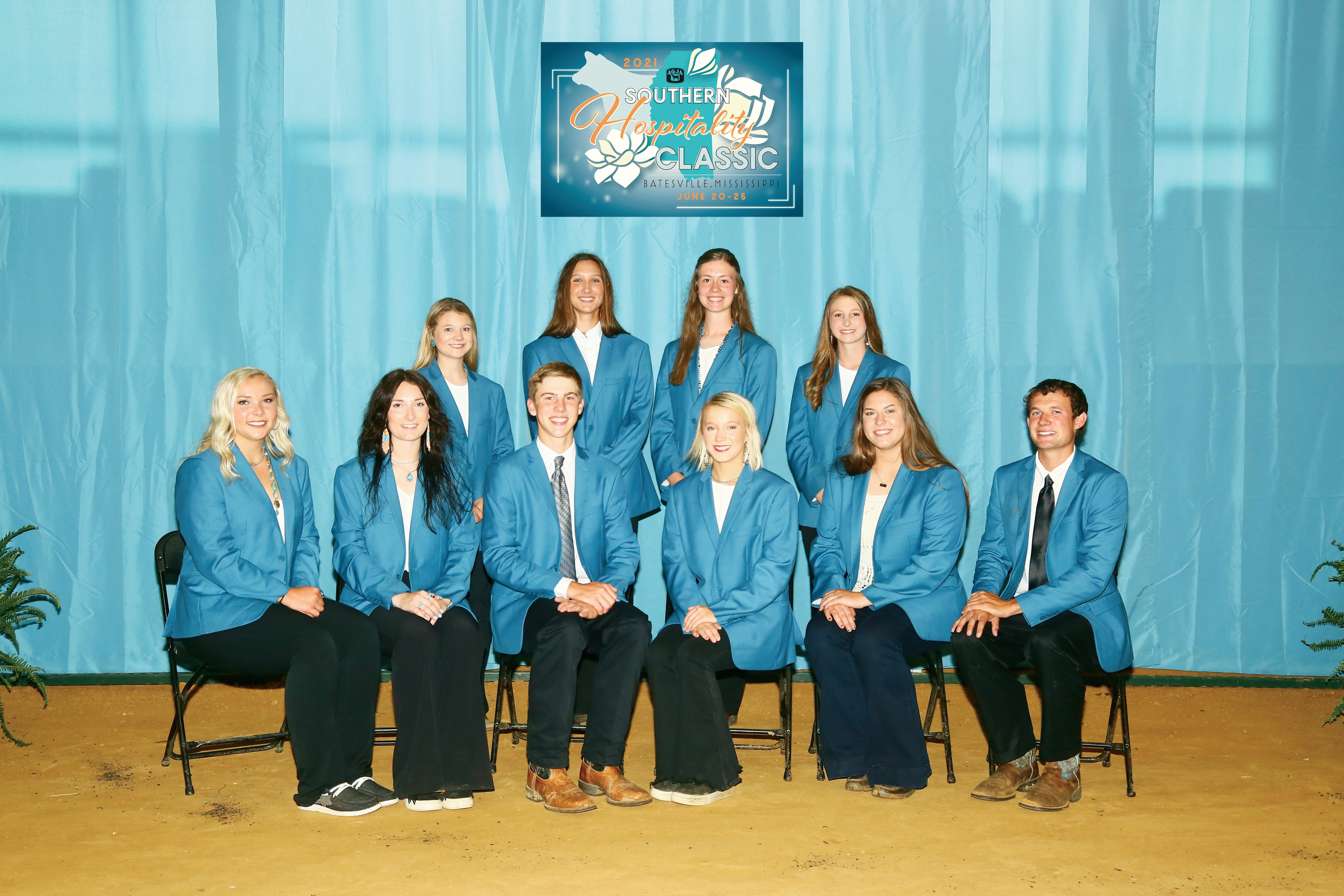2021 agja southern hospitality Classic Creative Writing winners Each year, AGJA members are offered the opportunity to compete in a creative writing contest to showcase both their writing skills and passion for the beef industry, the winners of this contest are published in this issue, to highlight both their writing skills and subject knowledge. Senior division writers were asked to explain in their own words how they continually adapt to public perception in relation to the industry, and how the industry must adapt to continue producing high-quality beef while marketing their family’s operation and educating the public about the beef community. Intermediate division writers were asked to research, respond and provide examples of how the beef industry has adopted technology to increase production, safety and education. Junior division writers were asked to describe their favorite on-farm experience.
Hear Me Roar
by Grace Vehige, Billings, Missouri
A
research phenomenon I have become particularly accustomed to studying is what is known as the knowledge gap. In very simple terms, a knowledge gap is best defined as the following: a well-educated individual is able to extract information more efficiently from mass media and can therefore learn and absorb information better than a less-educated individual. What is commonly mistaken, however, is how education is classified. When breaking down the meaning of knowledge gap, the education-level used as the parameter for the phenomenon is, in fact, dependent on the topic being discussed. In this case, we are discussing the public’s knowledge of the beef industry. Currently, I am pursuing my master’s degree in agricultural communications. One of the courses I had the privilege of undertaking was focused on the public’s opinion of agriculture and natural resources. In this course, I was challenged to develop a public opinion study. I, of course, chose to conduct my research regarding the public’s perception of the beef industry. What I found was that the knowledge gap regarding the public’s education of the beef community is directly tied to influences on public perception. As background research, yet relative facts to the objective of this excerpt, the following points are known to be true (U.S. Farmers and Ranchers Alliance Survey, 2011): The average American is said to be about three generations away from a farm; less than 2% of Americans are actively involved in food production; 72% of consumers know nothing or very little about farming or ranching; 70% of consumers
46 | AUGUST 2021
Senior Division Champion
say their purchase decisions are affected by how food is grown and raised. When reflecting on these facts, one can only be weary of the current level of education that the public has about the beef industry. This, however, is not a new feat the beef industry is facing. Misinformation is a tactic utilized to combat the beef industry every day. Whether it be through social media, misleading food labels, or the use of false statements, organizations and groups around the world are deceiving consumers about agricultural and beef products. In my public opinion study, I conducted a series of interviews with individuals who did and did not have exposure to the agricultural industry. I gathered thoughts and opinions regarding sustainability, the beef industry, and fast-food restaurants. Then, I showed interviewees a Burger King commercial, which was released in 2020, that addressed cattle methane emissions through a song performed by Mason Ramsey. Following this, I questioned the interviewees about their levels of brand trust and whether or not they were influenced by the message in the commercial. My research was for a class project, and is not a published study; my findings criticized the Burger King commercial for utilizing research that is yet to conclude and has not been peer-reviewed. They are, however, a very brief snapshot of the reality we face in the beef industry every day. My study found that commercials like Burger King’s are able to influence the public’s perception about a particular issue. In this instance,










